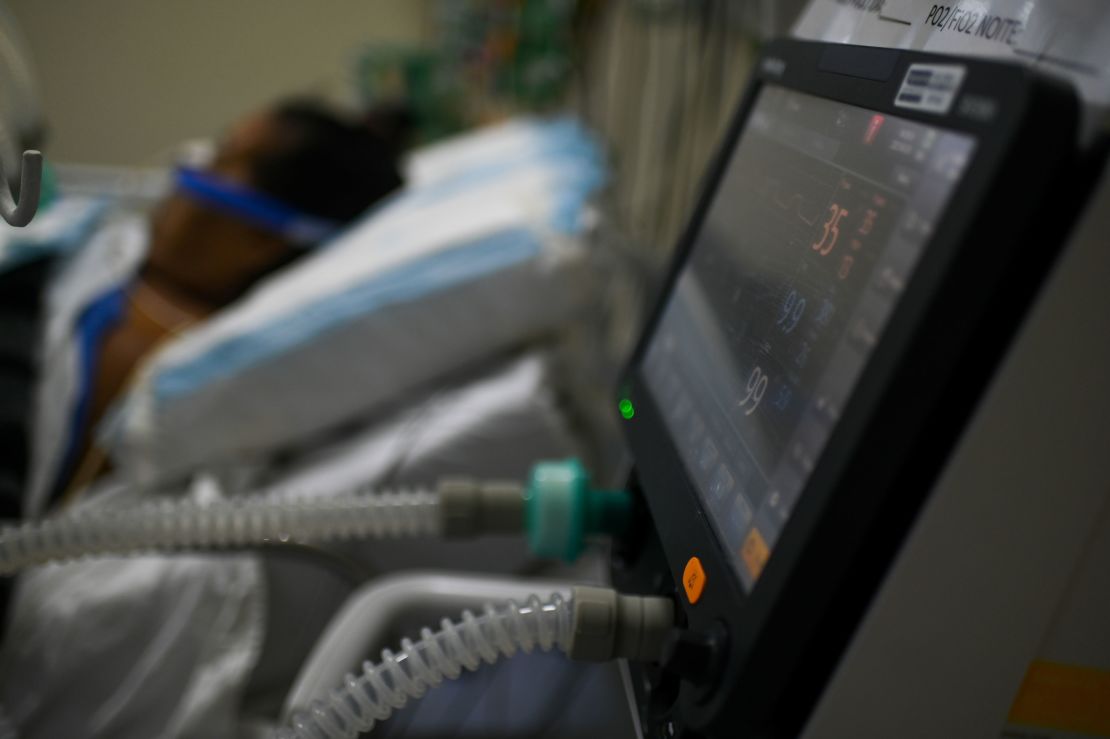A cheap, generically available anti-depressant may reduce the risk of severe Covid-19 disease by close to a third in people at high risk, researchers reported Wednesday.
A trial among about 1,500 patients in Brazil showed those who took the drug, known as fluvoxamine, were less likely to progress to severe disease and to require hospitalization.
The drug, sold under the brand name Luvox, is a selective serotonin reuptake inhibitor (SSRI) most often used to treat obsessive compulsive disorder (OCD) and depression. But it can affect inflammation, said Dr. Angela Reiersen, an associate professor of psychiatry at Washington University in St. Louis who worked on the study, published in The Lancet Global Health.
“Fluvoxamine may reduce the production of inflammatory molecules called cytokines, that can be triggered by SARS-CoV-2 infection,” Reiersen said in a statement. The drug may also reduce blood platelets, which may affect the clotting effects of coronavirus infection.
Reierson and colleagues gave 741 volunteers with Covid-19 100 mg of fluvoxamine twice a day for 10 days while 756 volunteers got a placebo.
Among the patients who got fluvoxamine, 79 – or about 11% – needed treatment in an ER or hospital room compared to nearly 16% of those given placebos. It was a 5% decrease in absolute risk and a 32% decrease in relative risk.
More study is needed to see if the drug might be added to the treatments given to coronavirus patients, but it’s cheap. “A 10-day course of fluvoxamine costs approximately $4 even in well-resourced settings,” the researchers wrote.

It’s not a cure, but if the drug can help keep patients out of the hospital, it would be useful.
“Given fluvoxamine’s safety, tolerability, ease of use, low cost, and widespread availability, these findings might influence national and international guidelines on the clinical management of COVID-19,” they concluded.
A related drug, Prozac, or fluoxetine, is also cheap and even more widely available, and the researchers said this drug should be studied to see if it might help.
“It is now crucial to establish whether a class effect exists and whether these drugs can be used interchangeably for COVID-19,” they wrote.
Get CNN Health's weekly newsletter
Sign up here to get The Results Are In with Dr. Sanjay Gupta every Tuesday from the CNN Health team.
It wasn’t a perfect study, they noted. It was done in Brazil, and the patients had a higher rate of hospitalization than Covid-19 patients in other clinical trials.
“There is no standard of care that exists for early treatment of COVID-19 and various advocacy groups promote different interventions, including some of those evaluated in this and our previous trials. Furthermore, there is little understanding of who is at greatest risk of disease progression from this disease as some patients with numerous risk factors do recover quickly whereas some others with less established risk factors might not,” they wrote.





















